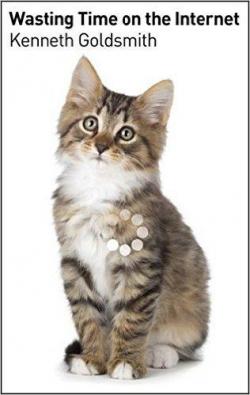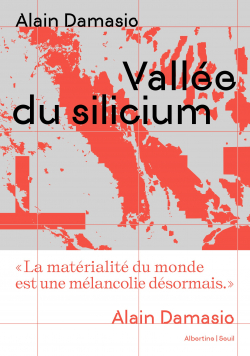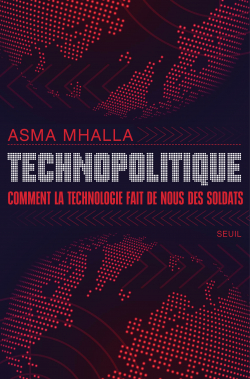
Kenneth Goldsmith/5
1 notes
Résumé :
Using clear, readable prose, conceptual artist and poet Kenneth Goldsmith’s manifesto shows how our time on the internet is not really wasted but is quite productive and creative as he puts the experience in its proper theoretical and philosophical context.
Kenneth Goldsmith wants you to rethink the internet. Many people feel guilty after spending hours watching cat videos or clicking link after link after link. But Goldsmith sees that “wasted” time d... >Voir plus
Kenneth Goldsmith wants you to rethink the internet. Many people feel guilty after spending hours watching cat videos or clicking link after link after link. But Goldsmith sees that “wasted” time d... >Voir plus
étiquettes
Ajouter des étiquettes
Que lire après Wasting Time on the InternetVoir plus
Citations et extraits (2)
Ajouter une citation
In the early days of the Internet before social media, one of my students e-mailed himself things he wanted to remember. It could've been anything as mundane as a pair of sneakers he liked to a profound philosophical insight. Over the years, he never looked at these e-mails but he kept sending them to himself nonetheless. For his final project in my class, he went back to the first year he had done this and scraped all those e-mails, laid them out in a page-design program, and had a print-on-demand book made of them. He called it 'Notes to Myself' after the best-selling self-help book from the 1970s by Hugh Prather. While the book wasn't interesting to anyone but himself, he cherished it as a diary, a physical embodiment of a time gone by, created with little effort or intention. His plan is to print out every year of those e-mails and collect them into a master set, one volume per year, a massive work of automatic autobiography. This furious accumulation of detail and data, from a creative point of view, is reason to celebrate. The vast amount of the web's language is perfect raw material for literature. Disjunctive, compressed, decontextualized, cut and pastable, and, most important, archivable, it's easily reassembled into works of art.
A small but thriving subculture is documenting Google Books' scanning process in the form of Tumblrs, printed books, photographs, online videos, and gallery-based installations. Something new is happening here that brings together widespread nostalgia for paperbound books with our concerns about mass digitalization. Scavengers obsessively comb through page after page of Google Books, hoping to stumble on some glitch that hasn't yet been unearthed. This phenomenon is most thoroughly documented on a Tumblr called "The Art of Google Books," which collects two types of images: analog stains that are emblems of a paper book's history and digital glitches that result from the scanning. On the site, the analog images show scads of marginalia written in antique script, library DATE DUE stamps from the midcentury, tobacco stains, wormholes, dust motes, and ghosts of flowers pressed between pages. On the digital side are pages photographed while being turned, resulting in radical warping and distortion; the solarizing of woodcuts owing to low-resolution imaging; sonnets transformed by software bugs into pixelated psychedelic patterns; and the ubiquitous images of workers' hands.
Videos de Kenneth Goldsmith (2)
Voir plusAjouter une vidéo
Les plus populaires : Non-fiction
Voir plus
Les Dernières Actualités
Voir plus
Autres livres de Kenneth Goldsmith (4)
Voir plus
Quiz
Voir plus
Le théâtre à travers les siècles
Le théâtre de Grèce Antique est surtout spécialisé dans...
La comédie
La tragédie
Le tragi-comique
22 questions
147 lecteurs ont répondu
Thèmes :
théâtreCréer un quiz sur ce livre147 lecteurs ont répondu





































